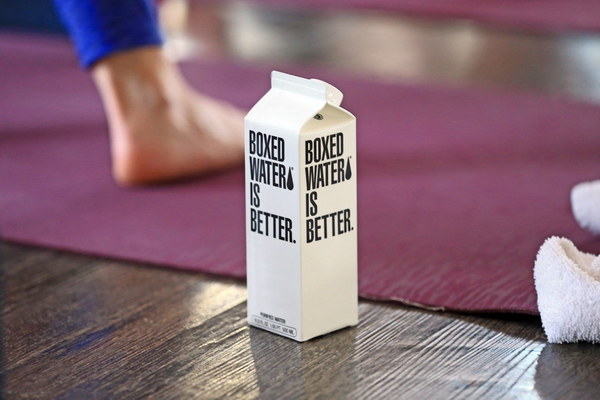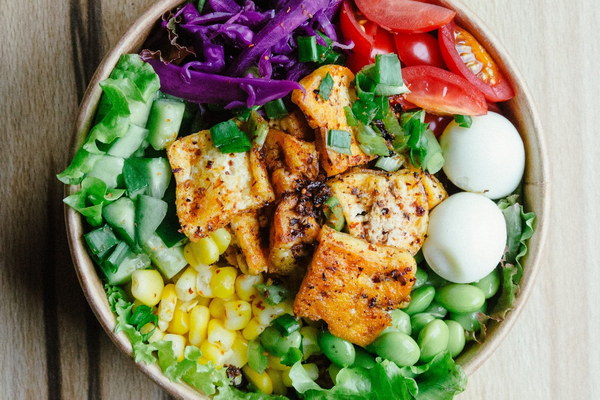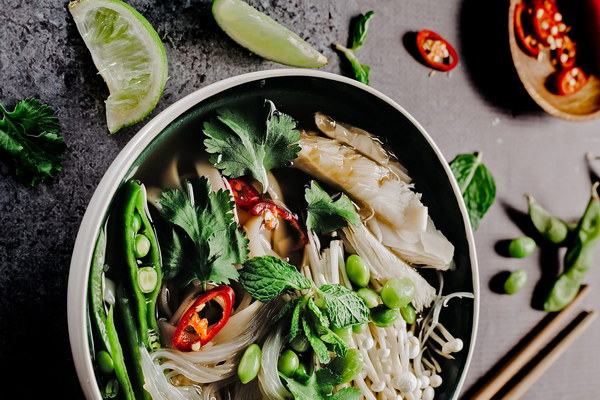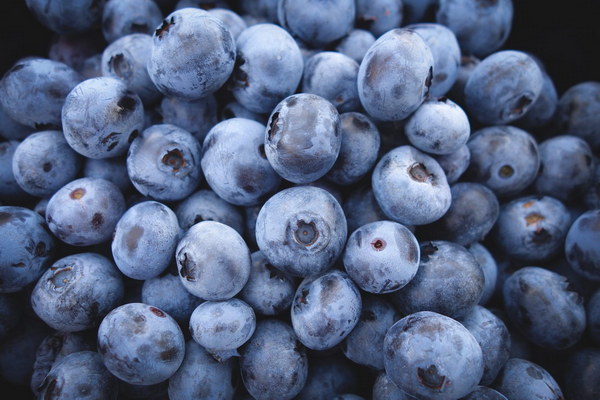Caring for Your Body Without a Gallbladder Essential Tips for a Healthy Lifestyle
Introduction:
Living without a gallbladder can be challenging, as this small organ plays a crucial role in the digestion process. However, with proper care and attention, individuals without a gallbladder can lead a healthy and fulfilling life. In this article, we will discuss essential tips to help those without a gallbladder maintain their well-being.
1. Understand Your Diet:
Without a gallbladder, your body may have difficulty processing certain types of fats. It is crucial to be aware of your dietary choices to avoid discomfort and potential complications. Here are some tips:
a. Choose lean proteins: Opt for lean meats, fish, and poultry to avoid excess fat that can burden your liver and digestive system.
b. Focus on whole grains: Incorporate whole grains such as brown rice, quinoa, and whole-wheat bread into your diet for sustained energy.
c. Eat fiber-rich foods: High-fiber foods like fruits, vegetables, and legumes help promote regular bowel movements and prevent constipation.
d. Avoid fried and processed foods: These foods are high in unhealthy fats and can exacerbate symptoms in individuals without a gallbladder.
2. Monitor Your Intake of Fats:
Since your body may have difficulty processing fats, it is essential to monitor your intake. Here are some tips:
a. Start with small portions: Begin with small amounts of fat, gradually increasing as your body adjusts to the change.
b. Choose healthy fats: Opt for healthy fats such as olive oil, avocados, and nuts, which can be easier for your body to digest.
c. Avoid high-fat meals: Large meals high in fats can lead to discomfort, so it is best to consume smaller, balanced meals throughout the day.

3. Stay Hydrated:
Proper hydration is crucial for maintaining healthy digestion. Aim to drink plenty of water throughout the day, especially after meals, to aid in the breakdown of fats and prevent constipation.
4. Exercise Regularly:
Regular exercise can improve overall health, including digestion. Engage in activities such as walking, swimming, or cycling to maintain a healthy weight and promote a healthy gallbladder-free lifestyle.
5. Consult with Healthcare Professionals:
It is essential to maintain regular check-ups with your healthcare provider to monitor your health and address any concerns. They can offer personalized advice and recommend any necessary treatments or medications.
6. Manage Stress:
Stress can exacerbate symptoms in individuals without a gallbladder. Find healthy ways to manage stress, such as practicing mindfulness, meditation, or engaging in hobbies that bring you joy.
Conclusion:
Living without a gallbladder requires careful attention to diet, exercise, and overall well-being. By following these tips, individuals without a gallbladder can maintain a healthy lifestyle and reduce the risk of complications. Remember to consult with healthcare professionals for personalized advice and support on your journey to a gallbladder-free life.









